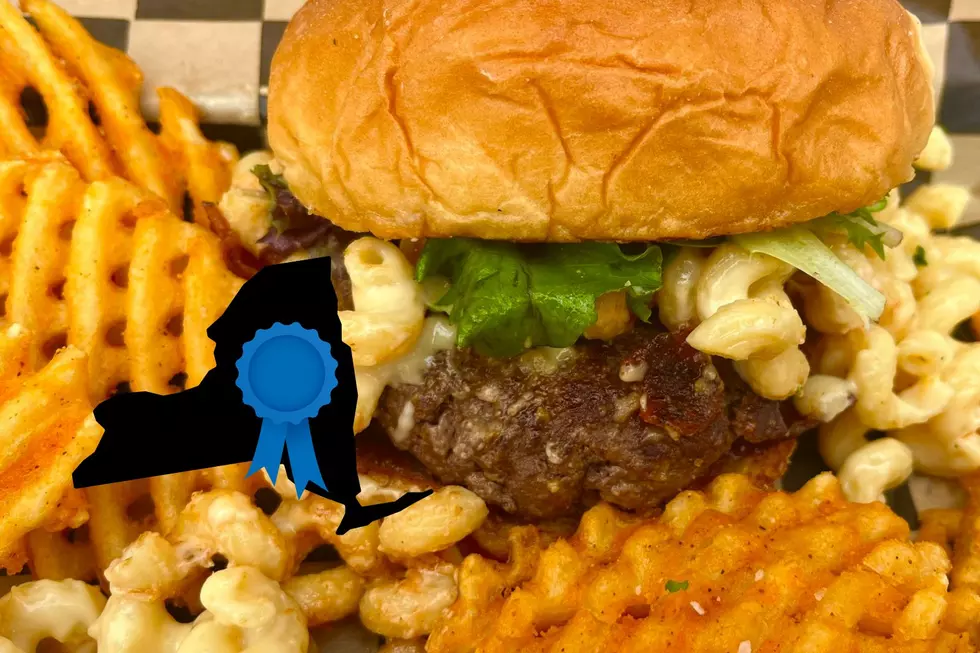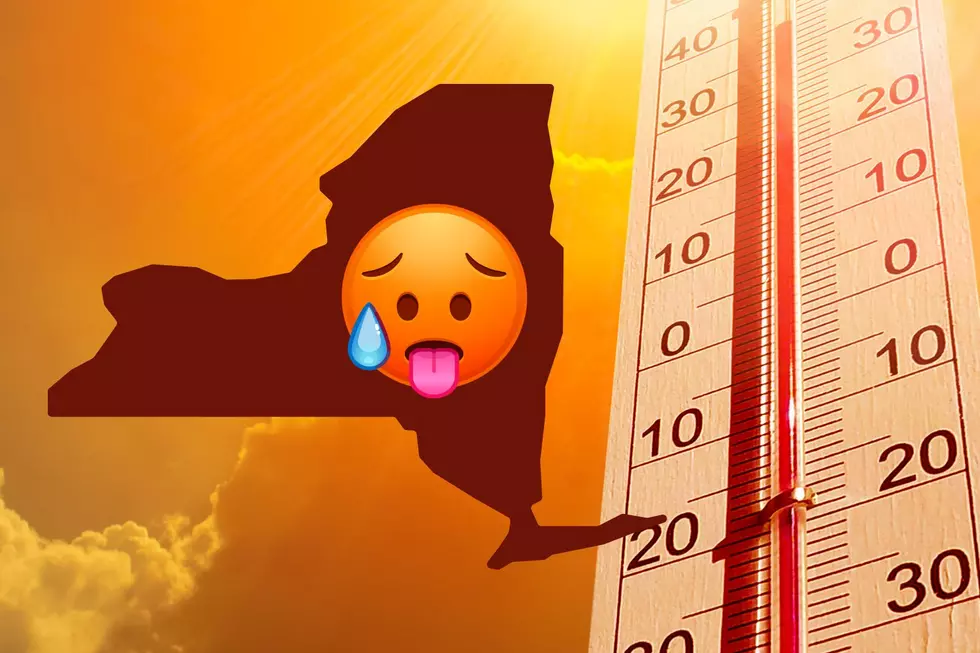
Matty Is Joining the AFSP Walk To Be the Best Dad He Can Be
I've been working with AFSP to raise awareness this year and for the first time ever I am leading a GNA team at this September's Capital Region Walk for R.I.T.A to raise funds for the American Foundation for Suicide Prevention. GNA will be there and you can be too. You'll be making a real difference and helping break down barriers that are preventing people from getting the care they need. You can sign up right here.
But this is about more than just raising money and awareness for me. This is personal. The reality is, this is a hard topic to talk about, especially with children and I know I need to be prepared as a father to handle the topic. Leading the GNA team is helping me send a message to my family and community and it's also prompted me to learn a lot more about a subject that I didn't really know much about before I started this journey earlier in the year.
Everyone should take this to heart, but if you're a parent you need to read especially closely to make sure you're prepared to talk to your children:
The information I found about talking with children was broken down by age, which makes sense. For children younger than 8, many experts suggest avoiding the topic unless the child brings it up, like Scarlett did, according to Today.com. In that case, parents should talk about it almost similar to cancer or another serious illness — "That person died because they had an illness. It's really sad."
As children get a little older, from ages 7 to 10, adults should still keep the answers simple and short (but truthful!), allowing children to ask follow up questions if they want to continue the conversation. You could maybe add more mental health details, like mentioning the person suffered with depression and you wish they had been able to get more help, according to Today.com.
By the time your child is a preteen or teen, though, you can use these conversations to probe your child's attitude and knowledge about mental health — and correct misinformation, according to Today.com. You can talk with them about warning signs of mental health issues and suicide and emphasize that mental illness isn't a sign of weakness.
Ask them questions like: What have you heard about suicide? How do you feel about it? Have you or any of your friends ever thought about suicide? What do you think is the right thing to do if you have?
The American Foundation For Suicide Prevention website has tons of information that could help prepare you for conversations with teens, from statistics to general treatment information to help for people who feel suicidal. They even have an article on what to do if someone tells you they are thinking about suicide.
I know I'm a long way from helping Scarlett navigate her teen years, but I spent a few minutes reviewing the website, so I'm informed when the questions and problems get a little tougher.
If you're as convinced as I am that this is an important topic, learn more about the AFSP Capital Region Walk for R.I.T.A that is coming to Saratoga this September and join in. Mark your calendar and sign up. Here is the key info:
Walk Date: September 22, 2019
Walk Location: Saratoga Spa State Park Orenda Pavillion - Saratoga Springs, NY
Check-in/Registration Time: 9:00 am
Walk Begins: 10:30 am
Walk Ends: 1:00 pm
Every single person we get out there with us helps make a difference.
More From 107.7 WGNA









